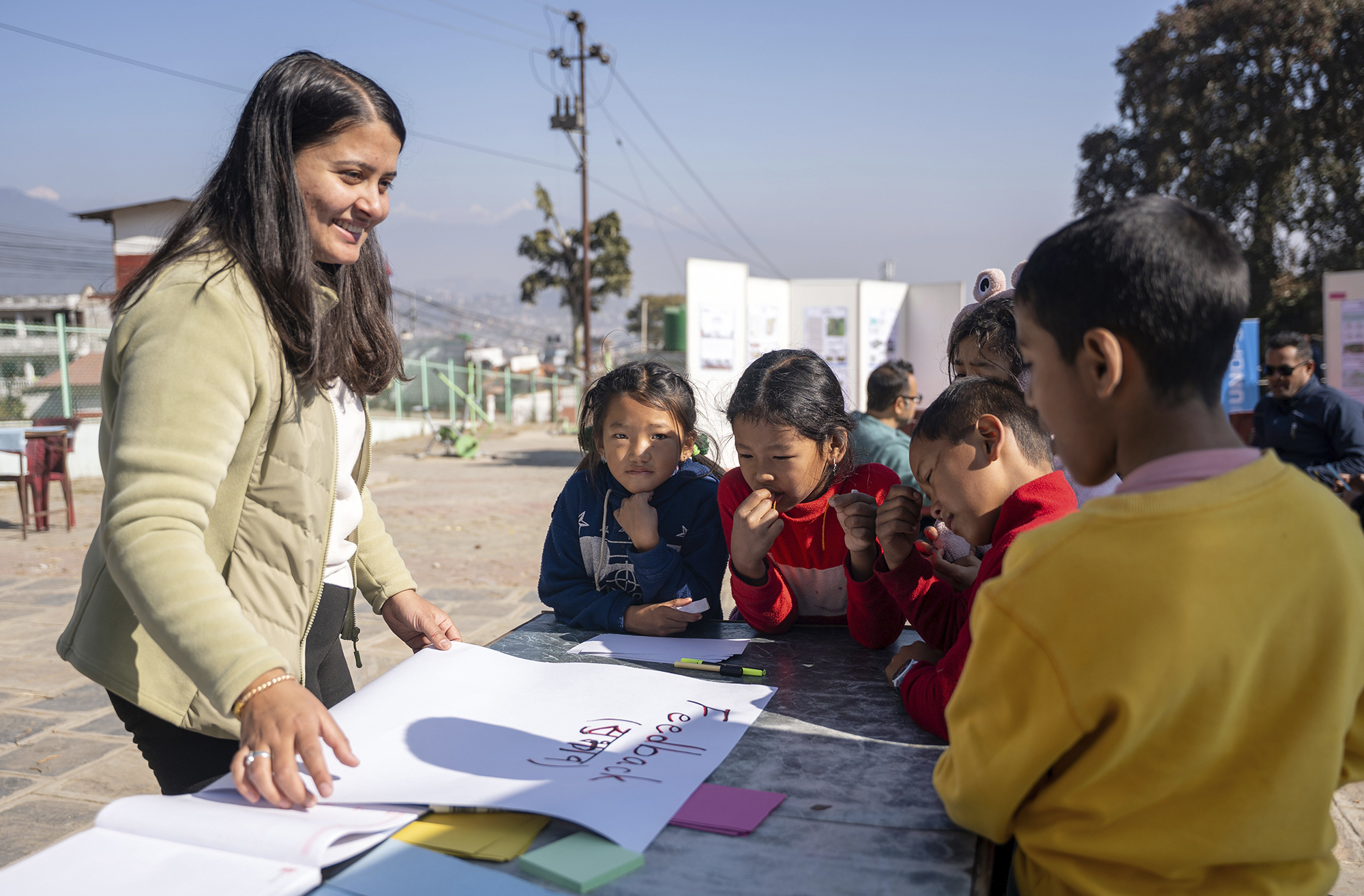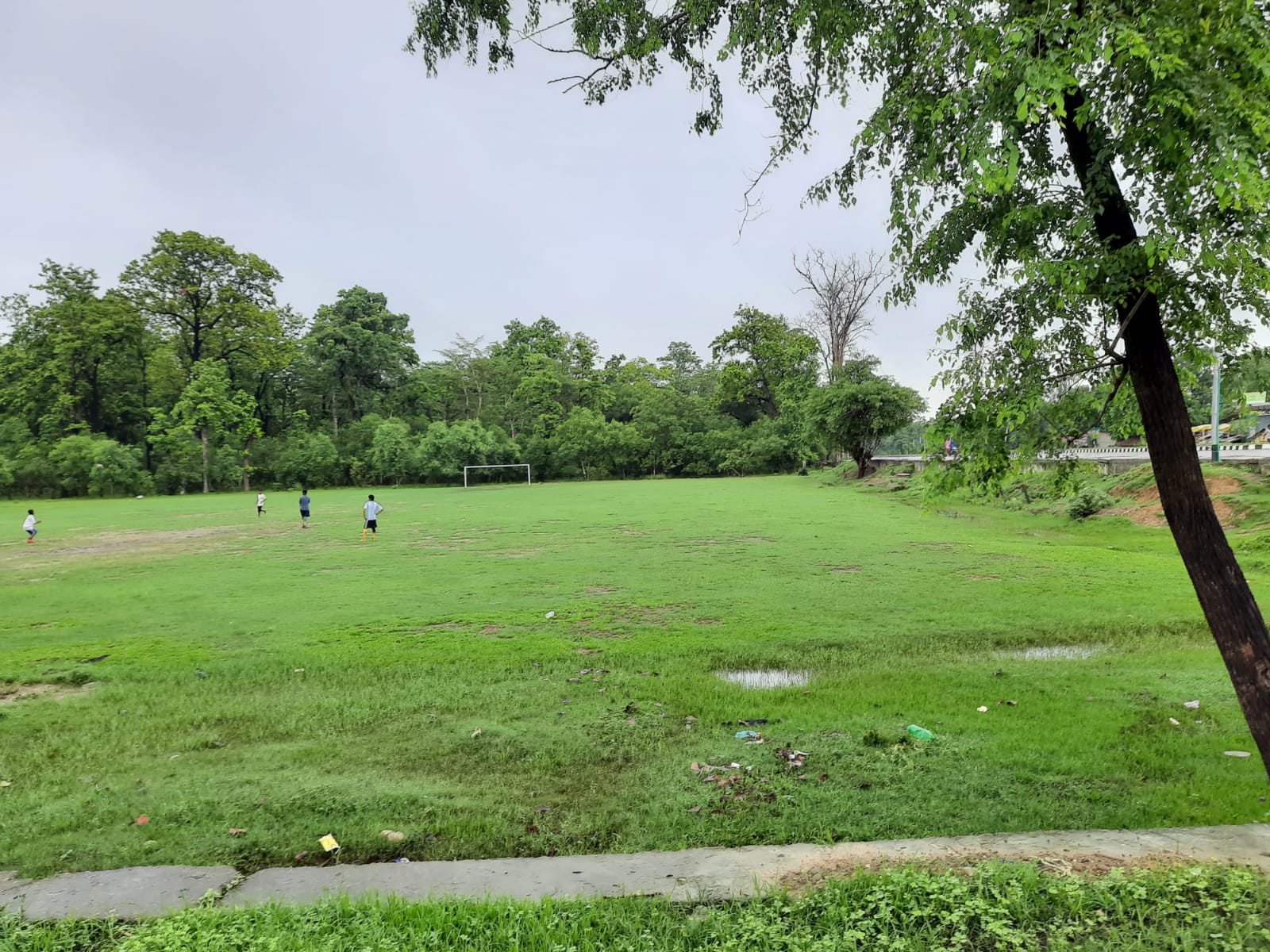[6 July 2012] -- One of the most exciting activities undertaken as part of the Transforming the Settlements of the Urban Poor in Uganda (TSUPU) programme is the Social Tenure Domain Model (STDM), an innovative enumeration tool developed by UN-Habitat through the Global Land Tool Network (GLTN) partners.
STDM is a land rights and information system that promotes the recognition of the rights of the poor in informal settlements. While previous enumeration tools that relate a person’s name and address to land, the STDM can relate personal identifiers, such as fingerprints, to a coordinate point inside a plot of land or dwelling.
The main benefits of STDM are that it is flexible, affordable and easy to share. Communities can use the system to easily collect accurate, reliable information about themselves, analyse the data and generate quick reports. They can also easily update the information as needed.
Because STDM is based on a global standard, the data can then be shared within the community and with local and national governments to assist the development of the community, identify priorities and target interventions more effectively. It can also be used in combination with other enumeration and planning tools.
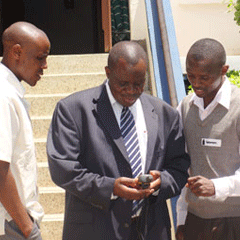
Mbale Town Clerk Joseph Kimbowa learns the use of STDM's handheld GPS. Photo: SDI
Piloting STDM in Mbale
As part of the TSUPU programme, STDM is being piloted in Mbale Municipality in partnership with Shack/Slum Dwellers International (SDI) and UN-Habitat/GLTN. During a workshop held June 4, 2012 in Kampala, representatives of the Mbale slum dwellers federation – Sarah Nambozo, Daniel Waniala, Muhamedi Balikowa, and James Nakisa – gave a demonstration on STDM and shared their enthusiasm for using the tool in enumeration and how it is already benefiting residents of two communities in Mbale.
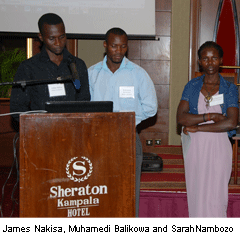
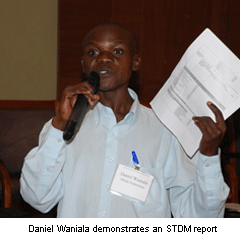
For example, because the data generated by STDM is based on a global standard, residents can use the number they receive through the software as an address system to register for a cellphone. Previously, a registered address was needed – a difficult requirement for residents of informal settlements who lack an official, registered address.
Mbale residents are also using STDM to better define priorities for community projects. Through an STDM enumeration activity, one community was able to determine that the vast majority of residents felt obtaining electricity was more important than water or health care.
“STDM has provided the slum dweller households in two communities in Mbale with an address, identity, a sense of belonging and recognition … I am optimistic that STDM will positively contribute to the process of transforming the settlements for the urban poor in Uganda.” -- Samuel Mabala, Commissioner for Urban Development, Ministry of Lands, Housing and Urban Development
Because communities are undertaking projects that they really want with the support of most residents, there is a greater sense of ownership of the project, making it more sustainable in the long run.
With the information generated from the system, the slum residents are now able to articulate their development needs and priorities with the government authorities. The process is also helping the Municipality better understand the needs of residents.
“In the process of enumeration and mapping, the interaction with household members enables us to establish problems or come up with baseline information to address critical issues that may enhance service delivery by the Municipal Council,” said Angella Newumbe, Focal Point Person for STDM/Community Development Officer for the Mbale Municipal Council and TSUPU coordinator).
To date, there are on-going negotiations between the slum communities and national as well as local authorities are taking place with the goal of implementing joint community projects.
“The STDM has provided the slum dweller households in two communities in Mbale with an address, identity, a sense of belonging and recognition. The data compiled using this tool will be utilised to prepare community settlement plans through a participatory process,” said Samuel Mabala, Commissioner for Urban Development, Ministry of Lands, Housing and Urban Development. “I am optimistic that STDM will positively contribute to the process of transforming the settlements for the urban poor in Uganda.”
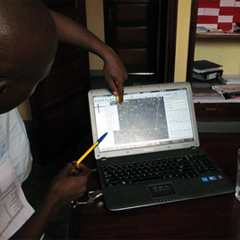
STDM. Photo: Susanna Henderson/Cities Alliance
STDM is based on open and free software packages, so it is affordable and can be scaled up for use in other cities. In Mbale, the Federation – which was able to negotiate office space within the Mbale municipal council offices – has the software installed on its computer and members can update the database themselves.
So far, the Mbale pilot has generated considerable interest and will be further highlighted at the World Urban Forum in Naples this September.
With modest financial support from Cities Alliance, UN-Habitat and SDI are jointly implementing the STDM pilot project in Uganda in partnership with the Ministry of Lands, Housing and Urban Development; the Municipality of Mbale; the NGO Actogether; the local slum dweller federation; community leaders; and residents.
Its development has been supported by the International Federation of Surveyors (FIG) and the Faculty of Geo-information Science and Earth Observation (ITC) of the University of Twente.

